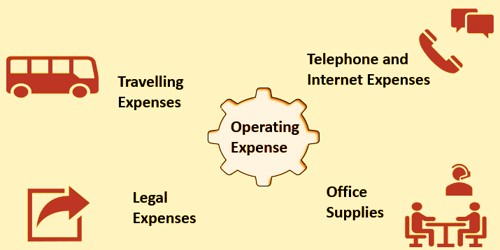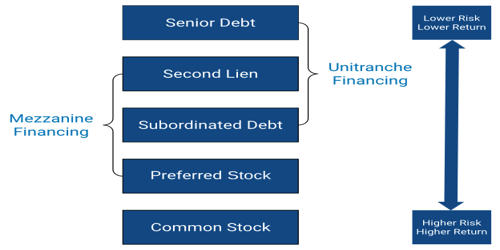Operating Expenses, also known as operating expenditures, or “opex,” are the costs incurred by a business which are not related to a product being made. In other words, operating expenses are the costs that a corporation has to pay in carrying out its financial activities. One of the standard responsibilities that management must influence is determining a way to reduce operating expenses without significantly affecting a firm’s ability to compete with its competitors. These are important to assess the operating efficiency of an organization. Includes things such as payroll, deposit, office equipment, services, marketing, insurance, and taxes.
It is, therefore important for both internal and external analysts to spot a company’s opex. Operating expenses are essentially the prices to stay the business running. Principally, they’ll build up an understanding of the company’s cost and sales management efficiency. Some companies are effectively slashing operating costs to gain a competitive edge and earnings rise. Lowering operating costs, however, can also compromise the credibility and efficiency of operations. It can be difficult to find the right combination but can yield substantial rewards.

Operating Expenses (OPEX)
The more the operating expenses are, the less cash the business keeps. Because operating expenses may be a considerable drain on company resources, controlling operating expenses is a very important aspect of managing a financially healthy business. The Internal Revenue Service (IRS) allows corporations to deduct operating costs while the company works to make money. The IRS and most accounting rules, however, differentiate between operating and capital expenditure.
Before calculating a company’s operational expenses, it’s essential to spot the operational activities or the first revenue-producing activities of the business and other activities that aren’t financing or investing activities. Based on their activities each business would have different expenses. A simple example of a formula for operating expenses is given below.
Operating expenses = license fees + office expenses + legal fees + insurance + travel and vehicle expenses + salaries and wages + accounting expenses + maintenance and repairs + supplies + advertising + utilities + property taxes
The operational activities mainly include the company’s commercial operations. For example, a manufacturing company’s main operational function is to manufacture the product from raw materials, while for a trading company it is to purchase goods from the supplier and sell them to the end-users. An operating statement tracks the income and expenses of an organization over a specific period to supply a picture of its profitability. Operating expenses, meanwhile, are ordinary costs that need to get obtained from a firm to trade.

Operating Expenses Example
Typically, income statements categorize expenditures into six groups: cost of goods sold; marketing, general and administrative costs; depreciation and amortization; other operating expenses; interest expenses; and income tax. It is important to remember that operational activities vary considerably between industries. A business action can be delegated operational in one industry, yet financing or putting resources into another. For organizations, working costs may ordinarily incorporate supplies, promoting costs, organization expenses, wages, lease, and utility expenses. With regards to capital or physical resource related expenses, in any case, it is imperative to have any kind of effect between working costs and capital uses.
All of these costs may be classified as operating costs, but interest and income taxes are omitted when calculating net income through an income statement. Operating expenses are largely relevant because they help to calculate the cost-effectiveness of a company and its stock management. It highlights the value and wishes that an organization must make to come up with revenue, which is that, the main goal of an organization. If a company incurs relatively higher opex compared to its rivals, this may mean that the company faces weak stock management and could in the near future encounter an overstock issue.
Information Sources:
















